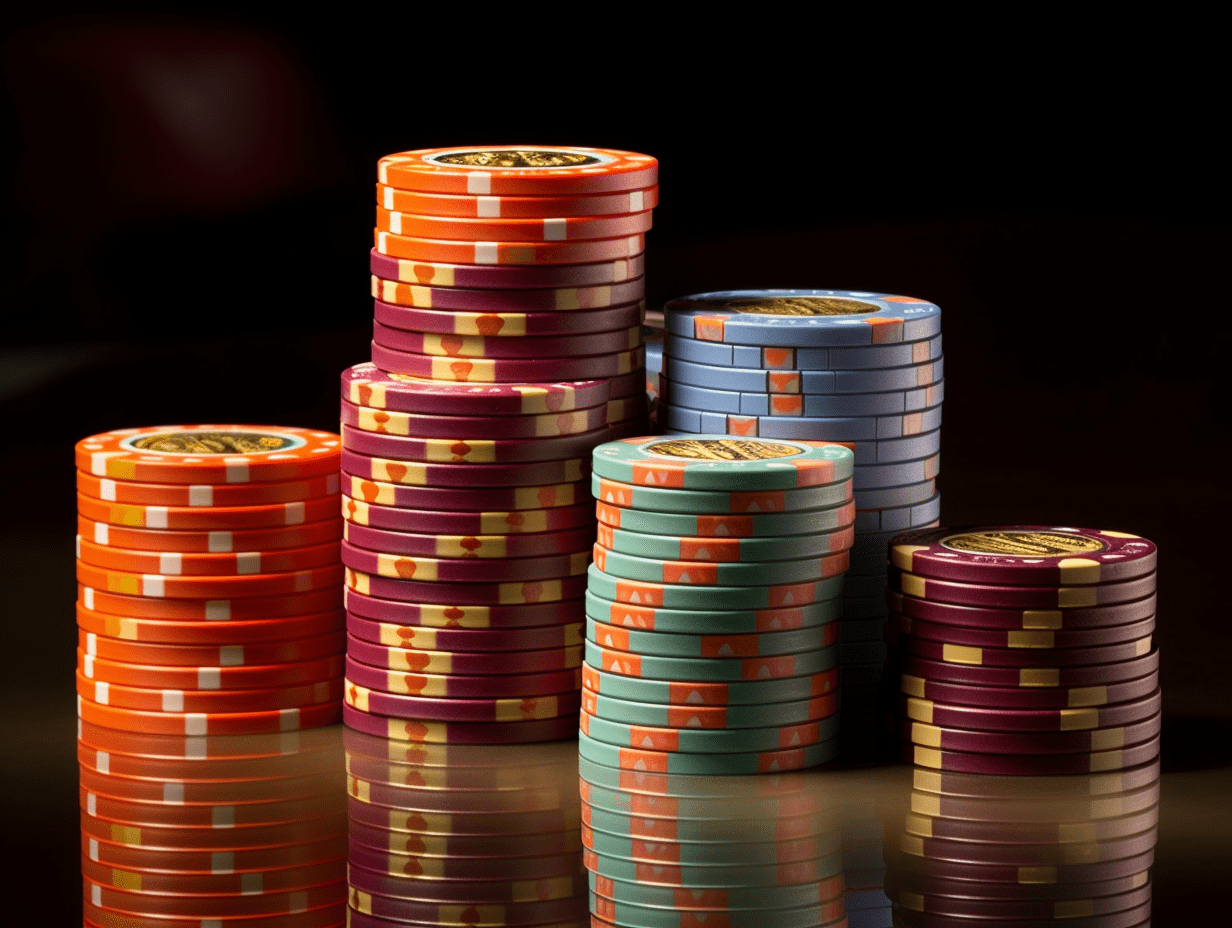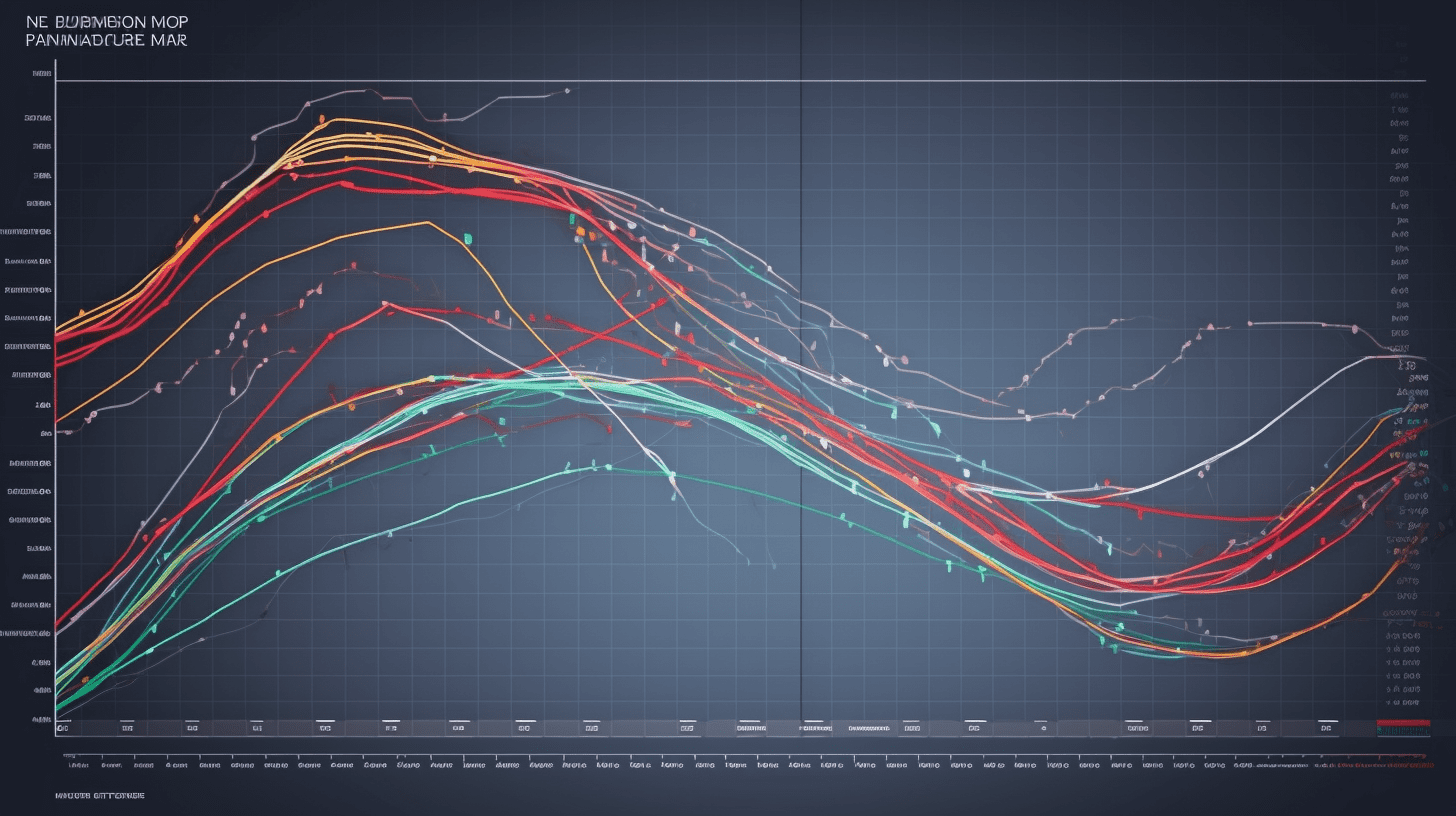- Home
- Wiki
- Betting Strategies
- Maximising Your Wins and Minimizing Your Losses: A Guide to the Martingale Strategy in Sports Betting
Maximising Your Wins and Minimizing Your Losses: A Guide to the Martingale Strategy in Sports Betting
The Martingale is a progressive betting strategy initially developed for casino games. The idea behind the scheme is that the bettor doubles their wager after each loss and returns to the original bet size after a win.
Although the Martingale strategy can help players maintain profitability during an extended losing streak, using it recklessly can result in the risk of bankruptcy.

For example:
- А player sets the bet size at $10. After a loss, the next bet will be $200 ($100x2); after another loss, the bet size doubles again to $400 ($200x2). After a win, the player returns to the original $100 bet size.
- The fundamental rules for profit using the Martingale strategy are proper bankroll distribution and betting on events with odds of at least 2.00.
- If a bettor places a wager with odds of 2.00, they will eventually win. The net profit amount equals the size of the initial bet.
The drawbacks of the strategy include the risk of losing the bankroll and not having enough funds for a new bet during a long losing streak, the bookmaker's set limit on the event can exceed the bet size according to the Martingale strategy, and the probability of winning the next bet is independent of the results of previous bets.
Martingale Strategy's Technique
A client can only win against a bookmaker with the strategy. Betting a daily percentage of the bankroll brings the expected profit. For example, if the bankroll is $10,000, the player places only one bet of $100 (1% of the bank) daily with odds of at least 1.80. In case of a win, the net profit will be 0.8-1%. In case of a loss, the user applies the strategy on the same day, doubling the bet amount to 2% and following the algorithm further.

If the client loses $1600 after five iterations with the bookmaker, they will make the next bet of $3200. If they win, they will receive the expected profit of 1%. The daily use of the Martingale strategy can result in a player gaining +30% to their bank per month, which equals $3000.
Discipline, patience, and the ability to stop and control emotions are critical to winning in betting.
Anti-Martingale Method
The Anti-Martingale method is the opposite of the Martingale strategy. The essence of the scheme is to decrease the bet amount after a loss and increase the bet size after a win. The Anti-Martingale earns a profit during winning streaks and reduces losses during unsuccessful cycles.

Each player independently determines the denomination and amount of the bet increase or decrease. The advantage of the strategy is the low risk of losing the bankroll. The disadvantage is that every winning streak ends. When losing the last bet, the client loses a significant portion of their profits.
Anti-Martingale Strategy Example
Let's say you start with a bankroll of $100, and you decide to place a $10 bet on a coin flip. If you lose the bet, you will decrease your next bet to $5, which is half of your previous bet. If you win the bet, you will increase your next bet to $20, double your previous bet.

Scenario 1:
- Bet $10 and lose. Bankroll is now at $90.
- Bet $5 and lose. Bankroll is now at $85.
- Bet $2.50 and win. Bankroll is now at $87.50.
- Bet $5 and win. Bankroll is now at $92.50.
- Bet $10 and lose. Bankroll now at $82.50.
- Bet $5 and win. Bankroll now at $87.50.
In this scenario, you won two bets and lost three bets. However, because you decreased your bet size after each loss, you minimised your losses and ended up with a slightly higher bankroll than where you started.
Scenario 2:
- Bet $10 and win. Bankroll is now at $110.
- Bet $20 and win. Bankroll is now at $130.
- Bet $40 and win. Bankroll is now at $170.
- Bet $80 and lose. Bankroll is now at $90.
- Bet $40 and win. Bankroll is now at $130.
- Bet $80 and win. Bankroll is now at $190.
In this scenario, you won four bets and lost one bet. Because you increased your bet size after each win, you could maximise your profits during a winning streak.
The Anti-Martingale method is popular among players due to its minimal probability of financial ruin. If an unsuccessful series is prolonged, the bet size decreases.
FAQ
The Martingale strategy is a popular betting strategy where the bettor doubles their wager after every loss to recoup their losses and profit when they eventually win.
The strategy involves starting with a small bet and doubling the wager after every loss. Once the bettor wins, they start over with their original bet size. The idea is that eventually, the bettor will win and recoup all of their losses, plus make a profit.
While the Martingale strategy can be theoretically effective, it has drawbacks. It requires a large bankroll to sustain the doubling of bets, and it is not guaranteed to result in a win. It also does not account for the fact that there may be limits on the maximum bet size in a sportsbook.
The most significant risk is that the bettor may need more funds before they win, especially if they experience a long losing streak. It also requires high discipline and emotional control, as doubling bets after losses can quickly lead to significant losses.
There are alternative strategies such as the Anti-Martingale strategy, where the bettor decreases their wager after losses and increases it after wins, and the Fixed Wager betting strategy, where the bettor bets the same amount on every game regardless of previous outcomes.
It is crucial to have a large bankroll and to limit the number of times the bettor is willing to double their wager. It is also essential to choose bets with a high probability of winning and to stay disciplined and patient.

Comments0